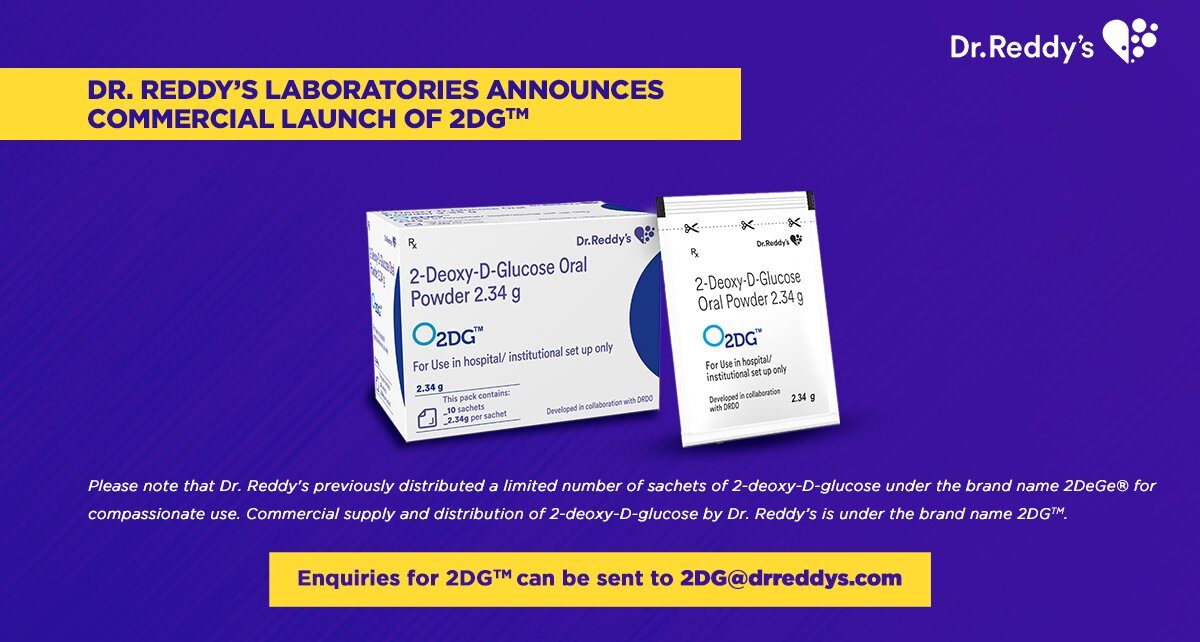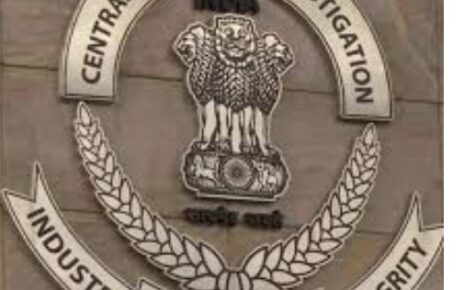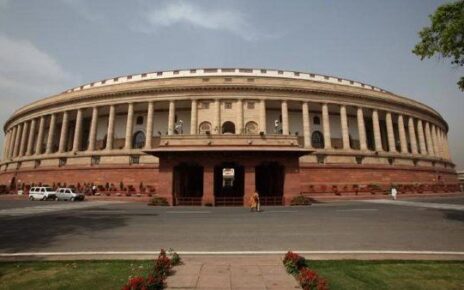Dr Reddy’s Laboratories Limited on Monday announced the commercial launch of anti-Covid drug 2-deoxy-D-glucose (2-DG), developed by Defence Research and Development Organisation (DRDO). This comes after the DRDO earlier on June 1 said that the anti-Covid drug is approved for emergency use as an adjunct therapy to the standard of care in the treatment of coronavirus patients in hospital settings.
With the maximum retail price (MRP) of each sachet fixed at Rs 990, the drug will be supplied to major governments as well as private hospitals across the country, said an official release.
In the initial weeks, the company will make the drug available in hospitals across metros and Tier 1 cities and subsequently expand coverage to the rest of India with a subsidised rate offered to government institutions.
2-DG manufactured by Dr Reddy’s has a purity of 99.5% and is being sold commercially under the brand name 2DGTM.
2-DG can be administered only upon prescription and under the supervision of a qualified physician to hospitalised moderate to severe COVID-19 patients as an adjunct therapy to the existing standard of care. The emergency use approval for anti-COVID-19 therapeutic application of the drug was granted on May 1, 2021.
Dr G Satheesh Reddy, Secretary Department of Defence (R&D) and Chairman, DRDO said: “We are pleased to have worked closely with our long-term industry partner Dr Reddy’s Laboratories, Hyderabad, for testing 2-DG as therapeutic application in the treatment of COVID-19 patients. DRDO has been contributing in fight against the COVID-19 pandemic with its spin-off technologies.”
Satish Reddy, Chairman, Dr. Reddy’s said, “2-DG is yet another addition to our COVID-19 portfolio that already covers the full spectrum of mild to moderate and severe conditions and includes a vaccine. We are extremely pleased to have partnered with DRDO in our collective fight against the COVID-19 pandemic.”
The 2-DG drug comes in powder form in the sachet, which is taken orally by dissolving it in water.
It accumulates in the virus-infected cells and prevents virus growth by stopping viral synthesis and energy production. Its selective accumulation in virally infected cells makes this drug unique.
The drug reportedly reduces a patient’s average recovery time by two and a half days and oxygen demand by upto 40 per cent, the Union Health Ministry said.




